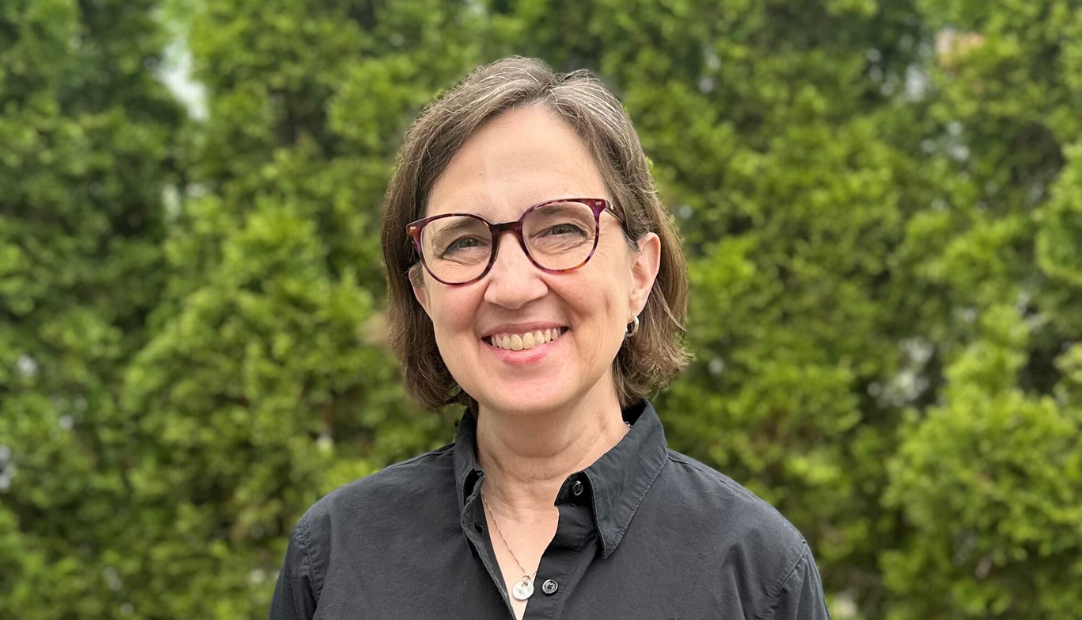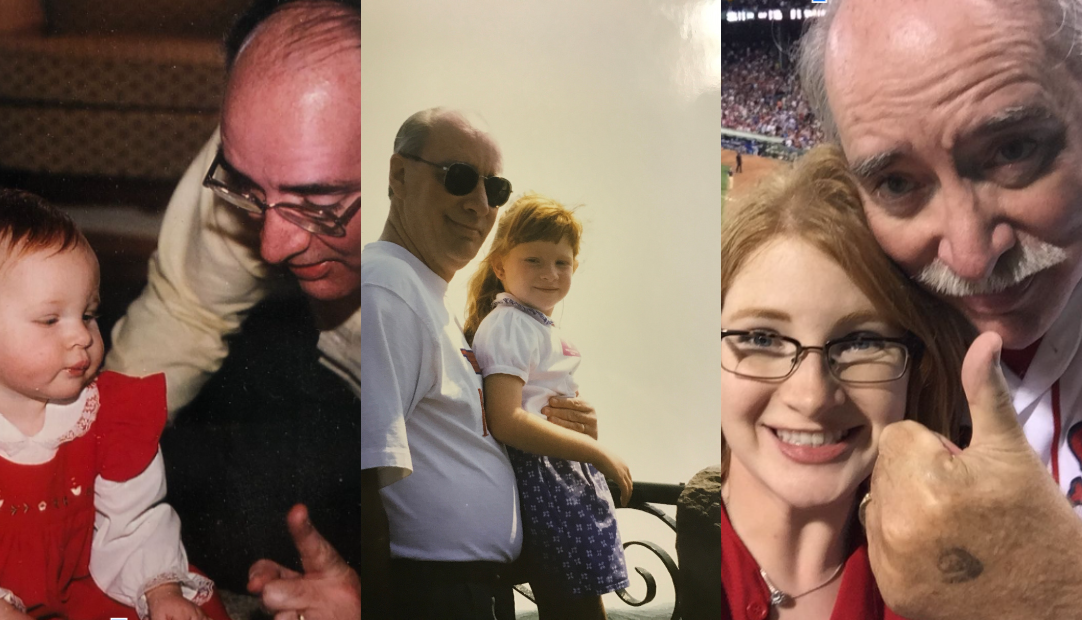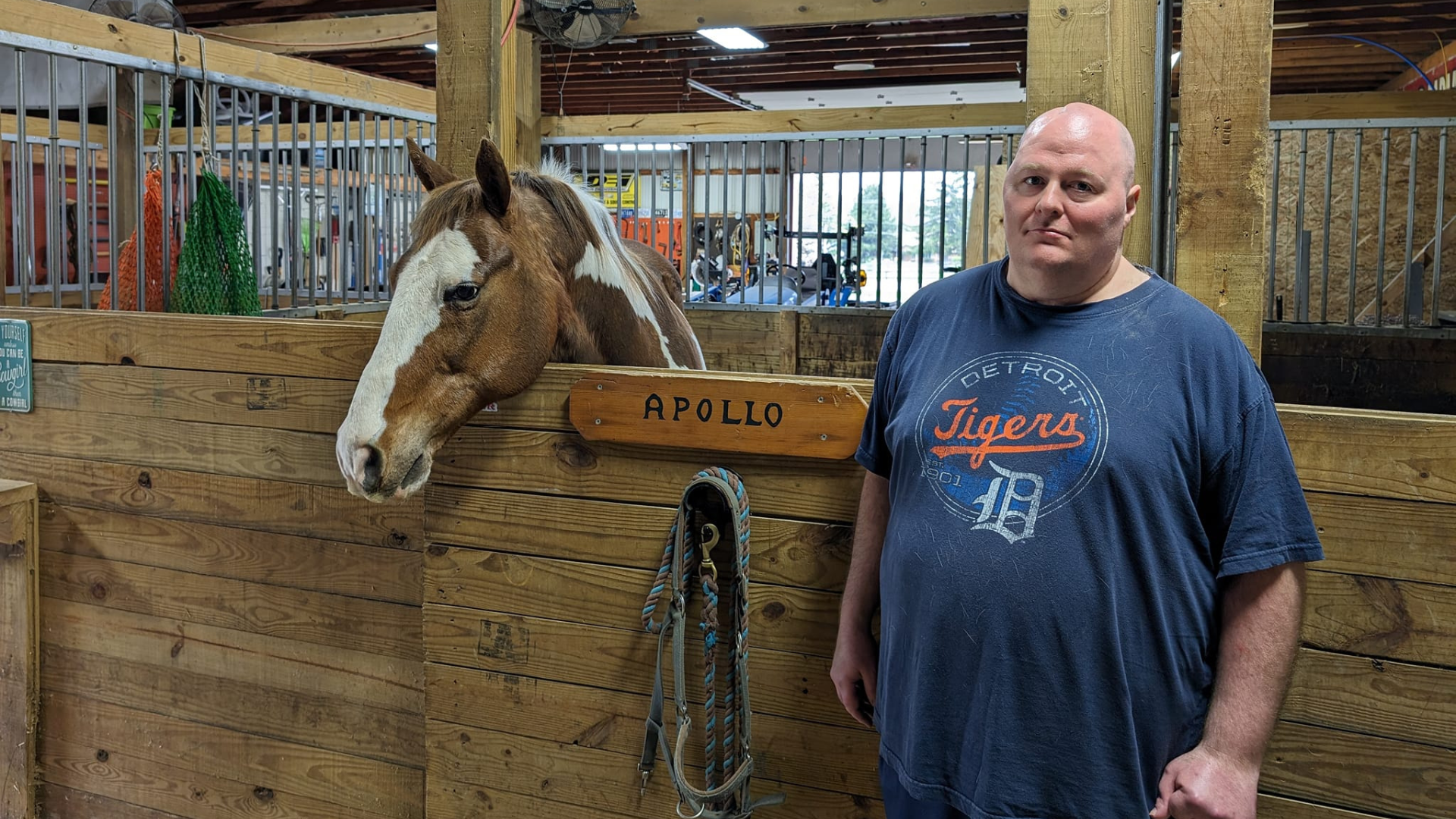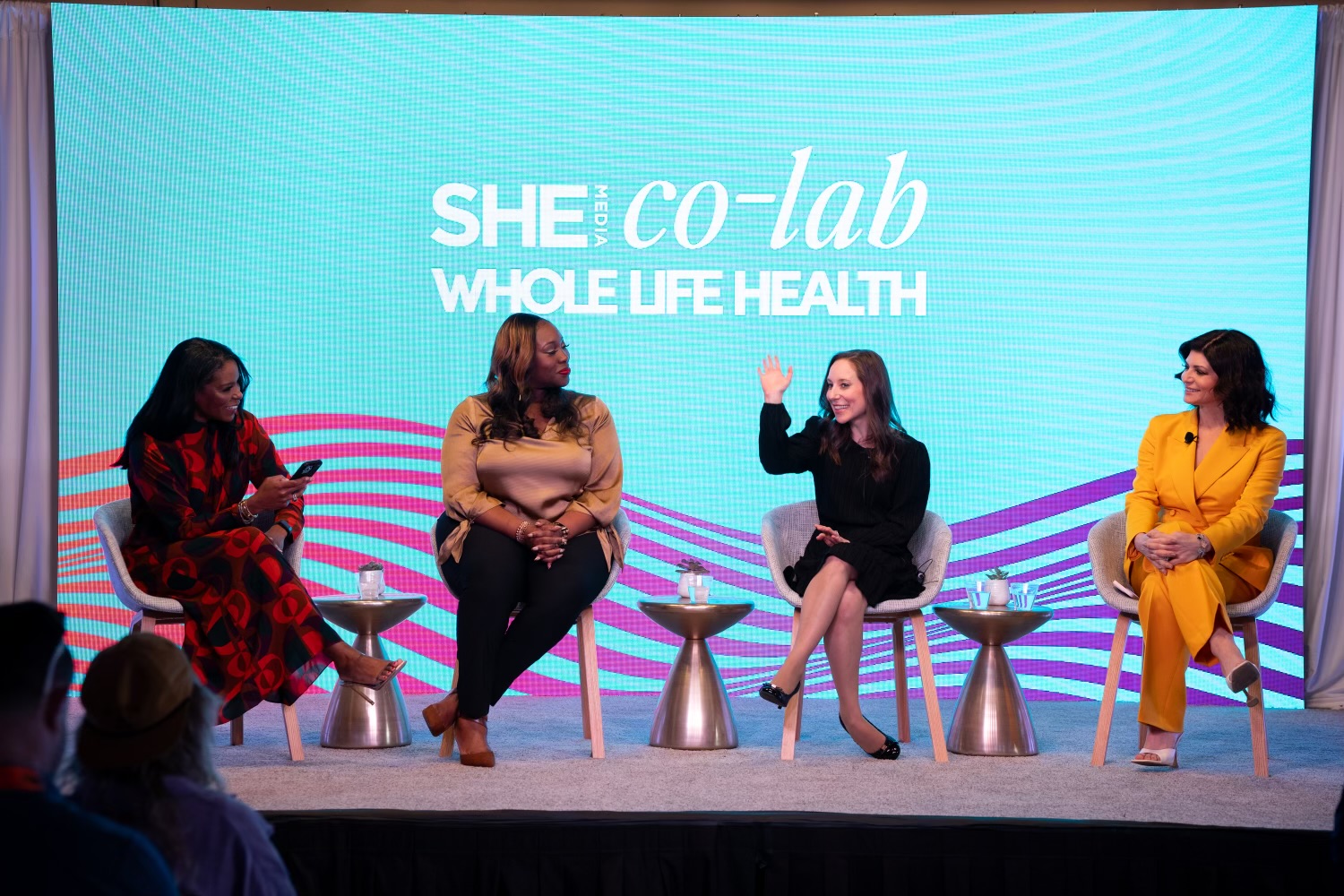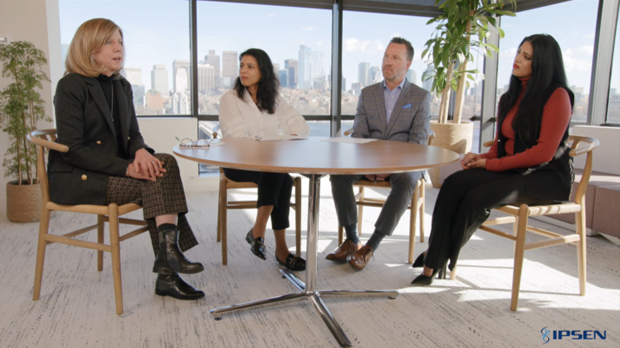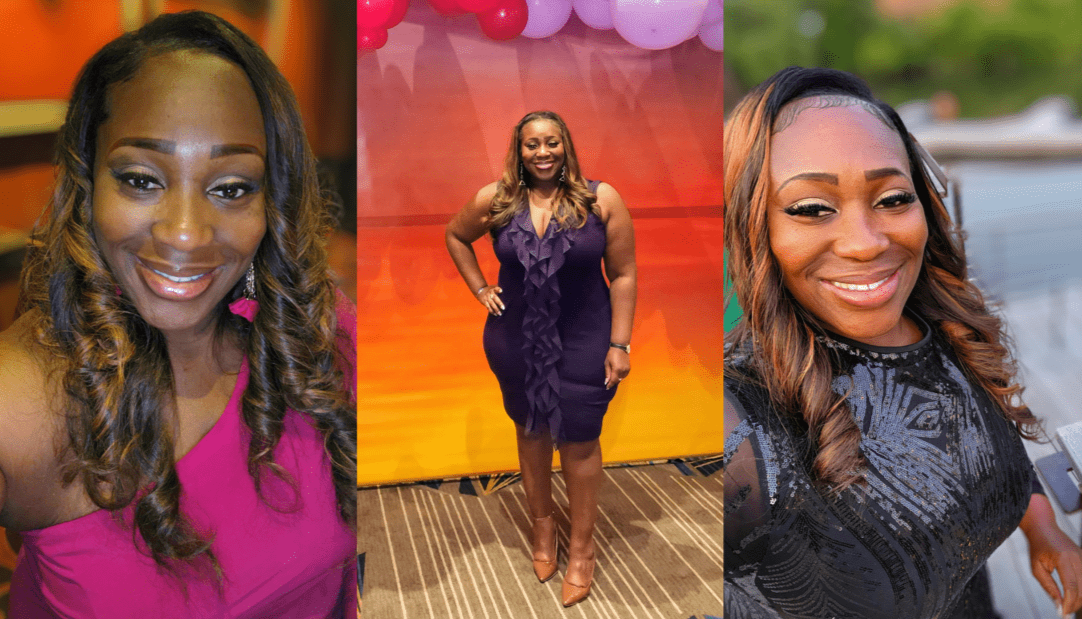Mighty bonds: Leaning on others living with FOP
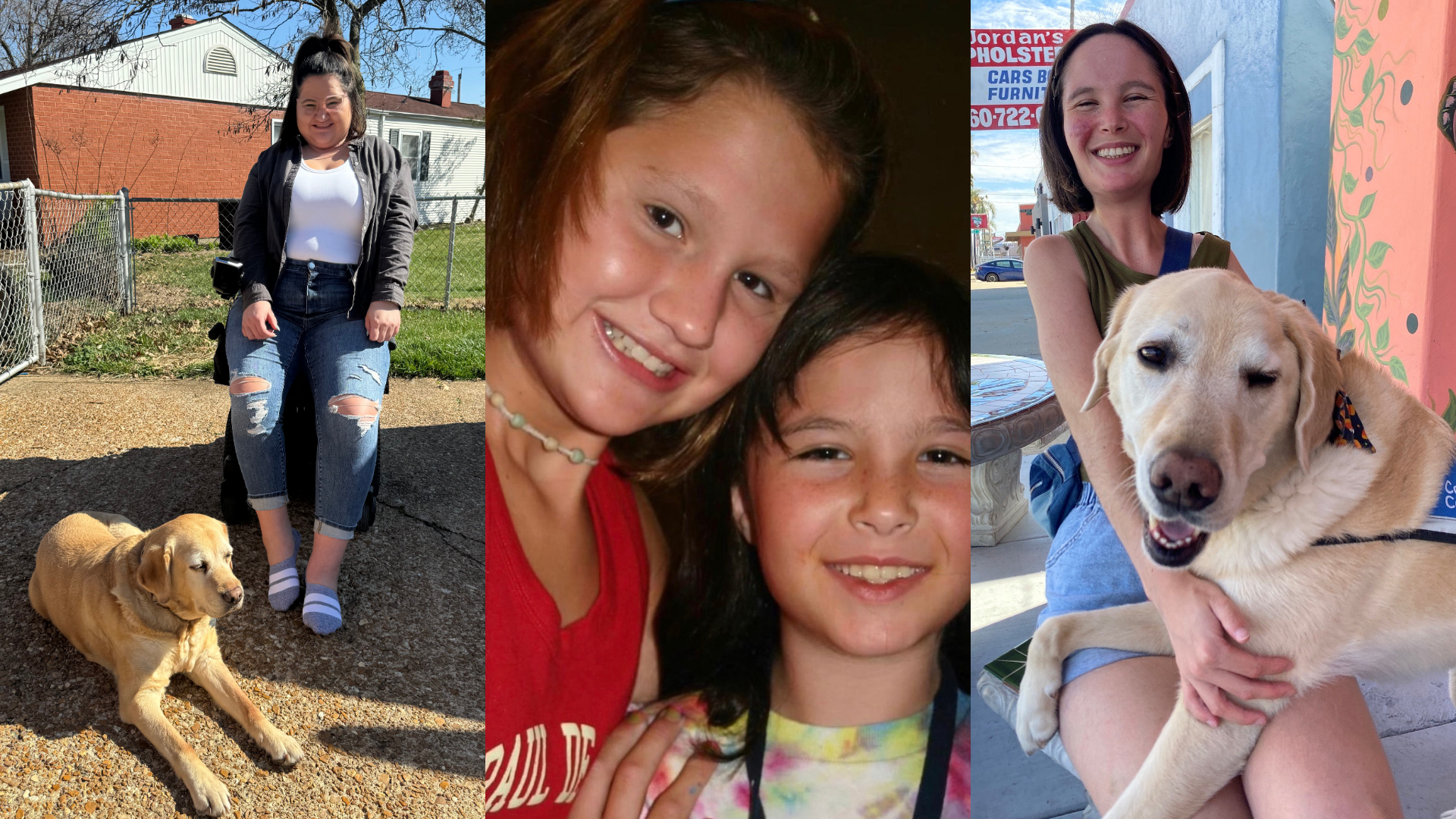
Carli and Erin, cross-country best friends, discuss how they’ve realized the importance of a strong support network of immediate family and friends, along with people who have a shared experience of living with FOP. Their connections have been key to navigating how to retain their independence.
Carli and Erin are self-described best friends who coincidentally grew close despite living half a country apart. They are both in their 20s, they’re only-children with mothers named Lori, both have yellow Labrador retrievers, both are in long-term relationships – and both happen to have an ultra-rare disease called fibrodysplasia ossificans progressiva (FOP). FOP affects up to 400 people in the U.S. and causes permanent, continuous bone formation in soft and connective tissues.
The two have built an incredible support system of friends and family they lean on in different circumstances. Having a comprehensive support network beyond healthcare providers and immediate family can be so important for someone navigating life with an ultra-rare disease.
Seeking support
Erin kept relatively quiet about living with FOP up until she was around 18 years old and experienced a flare-up in her hip that impacted her mobility. Moving forward, she realized it was time for her to become more connected to others who may be going through the same thing. As a child, Erin had known others who were living with FOP and built friendships around “normal kid things, like clothes and crushes on boys.” Looking back, she wishes she leaned into these friendships more as a teen and embraced their similar experiences living with FOP.
“I remember, when I wanted to start driving, my mom reached out to some other Moms of young adults living with FOP and we received a lot of great feedback. For example, they shared what to look for in specific vehicles based on their experience driving and living with FOP,” Erin shared. “It’s also been helpful to connect with people on mobility tools, such as wheelchairs, specific for people with limited range of motion. Other people have been a great help for day-to-day recommendations on what cushions they may prefer or even mattresses.”
Similarly, Carli did not reconnect with people living with FOP until her independence diminished as a result of losing some functionality. She had experienced flare-ups that impacted her mobility and connected with others living with FOP to learn about the different adaptation tools to help her manage limitations to retain independence. In a scary time when her body was changing, it was nice to know that other people had experienced the same thing.
“Talking to another person living with FOP means you don’t have to fake how well you’re doing,” explained Carli. “Like I always tell people, if I told you how much pain I was actually in, it would really scare you.”
Open and honest conversations with other people living with FOP have been key for Erin and Carli because people without first-hand experience may not have the same worries about the unknown and fears about the unpredictability of living with the disease. However, their immediate circle of support – their mom, dad and boyfriend – play an equally important role providing day-in and day-out physical and emotional support.
“I find comfort and feel safe being around others who are living with FOP or their caregivers. I get really anxious if I’m alone without Billy or my parents because if I were to fall or something would happen, other people may not know how to handle me,” Carli shared. “When I’m surrounded by others who know about FOP, I feel a little more like free. It’s like I have a safety net.”
DS-US-000174. April 2024.


